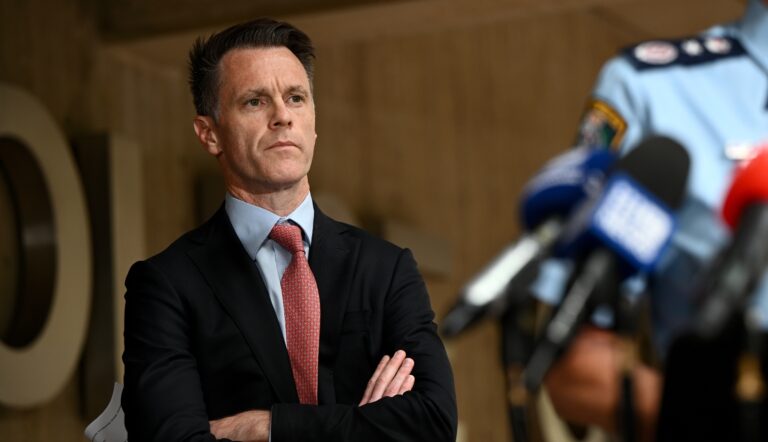
Not a death sentence, but still tough living with HIV

BY CHRISTOPHER HARRIS
Life expectancy for someone living with HIV is the same as someone living without the disease.
But while there may be better health outcomes through advances in treatments such as retroviral therapy, the social stigma has not changed as much.
That’s the opinion of Melissa Woodroffe, who is the principal at Redfern based HIV and AIDS Legal Centre, established in 1992.
Ms Woodroffe, who has worked at the centre for the past eight years, said the social stigma attached to HIV has changed “a little bit,” but that “people are downright nosy.”
“But not as much as we’d like to see,” Ms Woodroffe said.
“We’re still seeing for example, discrimination in the health care field, health care workers would know better but don’t. In rural and regional areas it is a lot more difficult for a person with HIV than inner city Sydney, where there is more knowledge and acceptance,” she said.
The team of four solicitors at the centre continually deals with cases of discrimination for people living with HIV.
It can vary from employment discrimination, to insurance, to the family court system.
Now, the Centre has launched an appeal to the public for donations to keep their service going.
The centre assists, advocates and advises people living with HIV and AIDS in matters relating to their rights and the law.
While statistics show that ten per cent of those living with HIV are female, they form 25 per cent of the centre’s client base.
She said that there have been numerous incidents in the family court system where people had attempted to expose another’s HIV status for to gain leverage over another individual. The centre was able to assist by either obtaining a suppression order, or by having the proceedings heard in a closed court.
In the employment sphere, Woodroffe said that things had gotten better.
“It is less common for an employer to say ‘you’ve got HIV, I don’t want to hire you’.”
But she said the Australian Defence Force still tests people for HIV and dismisses people who test positive.
“What we see is IT guys, people in the Defence Force who never see combat, they can be dismissed. The anti-discrimination legislation gives an exemption, and they have no legal redress.”
A high court hearing from the 1980s said that the soldiers in the defense force should be able to “bleed safely,” excluding those with HIV.
She said that some companies would not issue life insurance to people with HIV, although said this area was improving.
The centre currently runs off a combination of donations and state and federal government funding although if there is not an increase in the number of private donations, some of the services may become unviable in the future.









